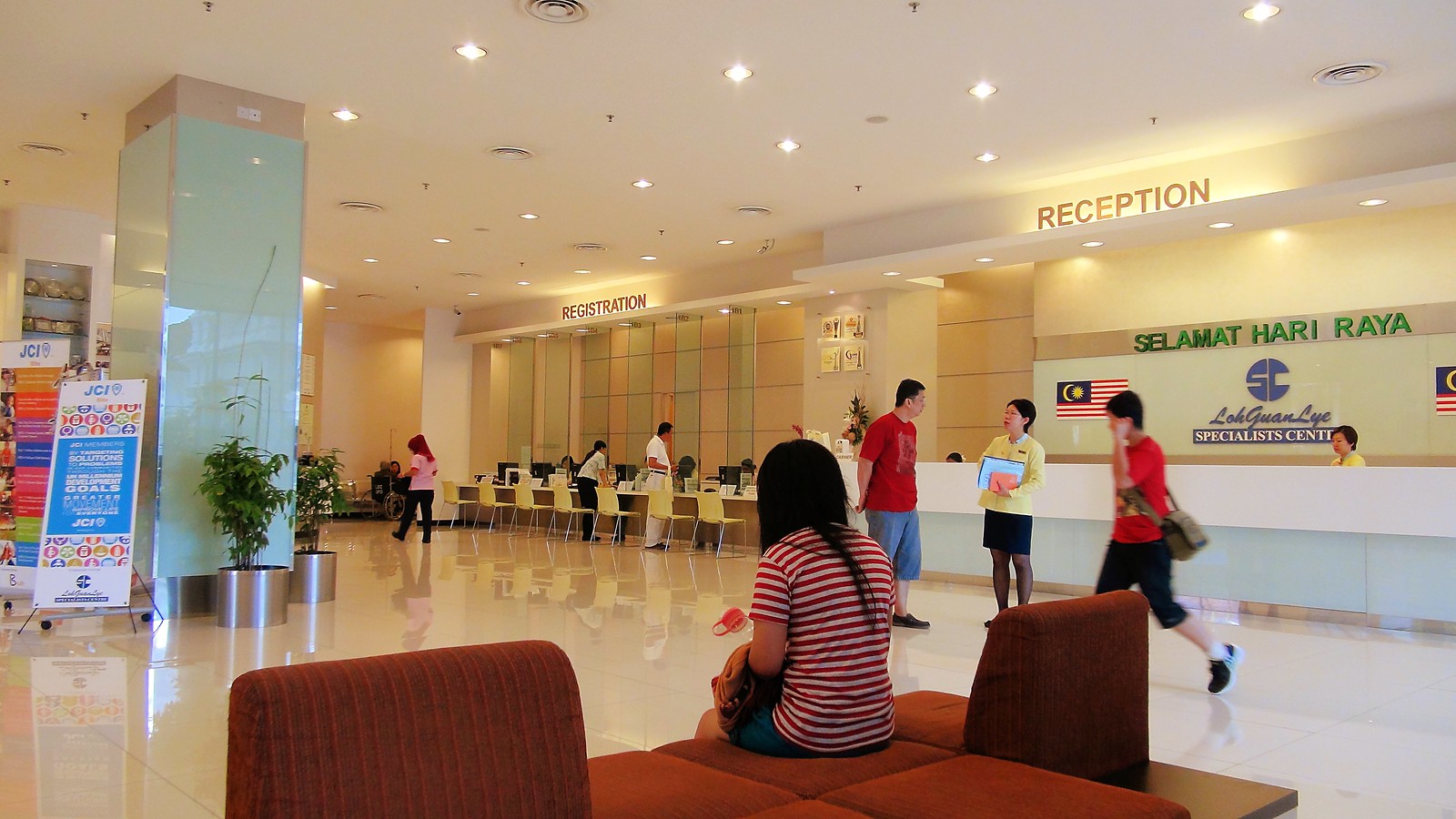Malaysia aims for 2.7 billion dollars a year from medical tourism by 2030
The sector is growing rapidly in the country. Most of the patients come from Indonesia, but Kuala Lumpur aims to become a global medical hub challenging Thailand in Southeast Asia. To do so, it aims to optimise services, streamline immigration and invest in international partnerships.
Penang (AsiaNews/Agencies) - There are 5 flights a day that connect Medan, Indonesia, to Penang, Malaysia in less than an hour at a ridiculously low cost. At the exit of Penang airport, a shuttle service takes you directly to the hospital. For Indonesian patients it's easy to find their way around: the Indonesian and Malay languages are very similar. However, pharmacy signs show both versions: ‘apotik’ in Indonesian and ‘farmasi’ in Malay.
At least one million Indonesians seek medical treatment abroad, generating an estimated total loss of around 10.6 billion dollars for the country of origin.
The flow of Indonesians to private Malaysian clinics is part of the country's economic strategy: to generate 2.7 billion dollars in annual revenue from medical tourism by 2030. The valuation of the business itself was around 500 million dollars in 2024. The goal is ambitious, but Malaysia may be on the right track to achieve it.
The benefits of this strategy are wide-ranging. Medical tourism, in fact, brings with it a series of other related profits. For example, medical tourists don't travel alone: they bring their families, they stay in hotels and they contribute to the entire rich tourism chain.
Penang and Melaka are currently the main hubs, but the phenomenon is widespread and the country is preparing itself by increasing the number of beds available, speeding up immigration controls and creating new connections: a ferry service has recently been launched in Batu Pahat that connects it with Indonesia.
The Malaysian health system is increasingly attractive to Indonesian citizens. The geographical proximity between the two countries certainly plays a strategic role, but it is not enough to explain such a consistent flow. In fact, the Indonesian health system is far from being efficient and Malaysia has taken advantage of this, identifying its shortcomings and creating a better alternative just a few kilometres away.
Indonesian citizens complain about slow service in a sector where speed of action is crucial, if not essential. The cause is attributed to a shortage of doctors, of which Indonesia is aware, as evidenced by some public statements by former President Joko Widodo.
According to WHO standards, the ratio of patients to the presence of an ideal doctor is 1:1000, and DKR Jakarta - the entire metropolitan area of the capital - is only able to provide 18,637 specialist doctors with a ratio of 1:1668; according to data from the Ministry of Health, none of the 36 districts considered meet the requirements. 637 medical specialists with a ratio of 1:1668; according to the Ministry of Health data, none of the 36 districts considered meet the required standards.
The situation worsens in areas far from large cities, waiting times increase and the quality of medical care decreases even more. For quality service, Medan residents would have to take a two-hour flight to Jakarta, and endure the long wait, inefficient service and high costs. Less than an hour's flight away, Malaysia offers a faster, more organised and more affordable alternative.
To reach that goal - 2.7 billion dollars by 2030 - the country must be able to attract a market share larger than just Indonesia, competing with Thailand - leader in the medical tourism sector in ASEAN - and trying to attract citizens from even more distant countries.
Among the strategies used to make its medical services as attractive as possible, Malaysia has focused on keeping costs low and facilitating immigration procedures: the list of countries exempt from visa requirements for a limited stay is very long, including: the United States, Europe, India and China.
However, facilitating entry is not enough; in the field of medical tourism it is essential to strengthen one's international reputation. For this reason, KPJ Healthcare, a Malaysian private healthcare services company, has announced a collaboration with the Mayo Clinic: a US institution renowned for medical practice and research, thus demonstrating its commitment to raising healthcare standards. International accreditation functions as a guarantee and inspires confidence: a report by the Medical Tourism Association this year showed that trust influences 97% of patients' decisions to seek healthcare abroad.
Furthermore, the same study observed that while quality and trust dominate patients' decisions, 28.8% of those interviewed said that they were also influenced by costs. Here lies yet another strong point of the Malaysian system: it is cheap, a US patient could save up to 80% by deciding to be treated in Malaysia.







.png)










